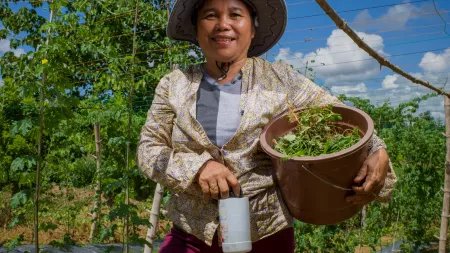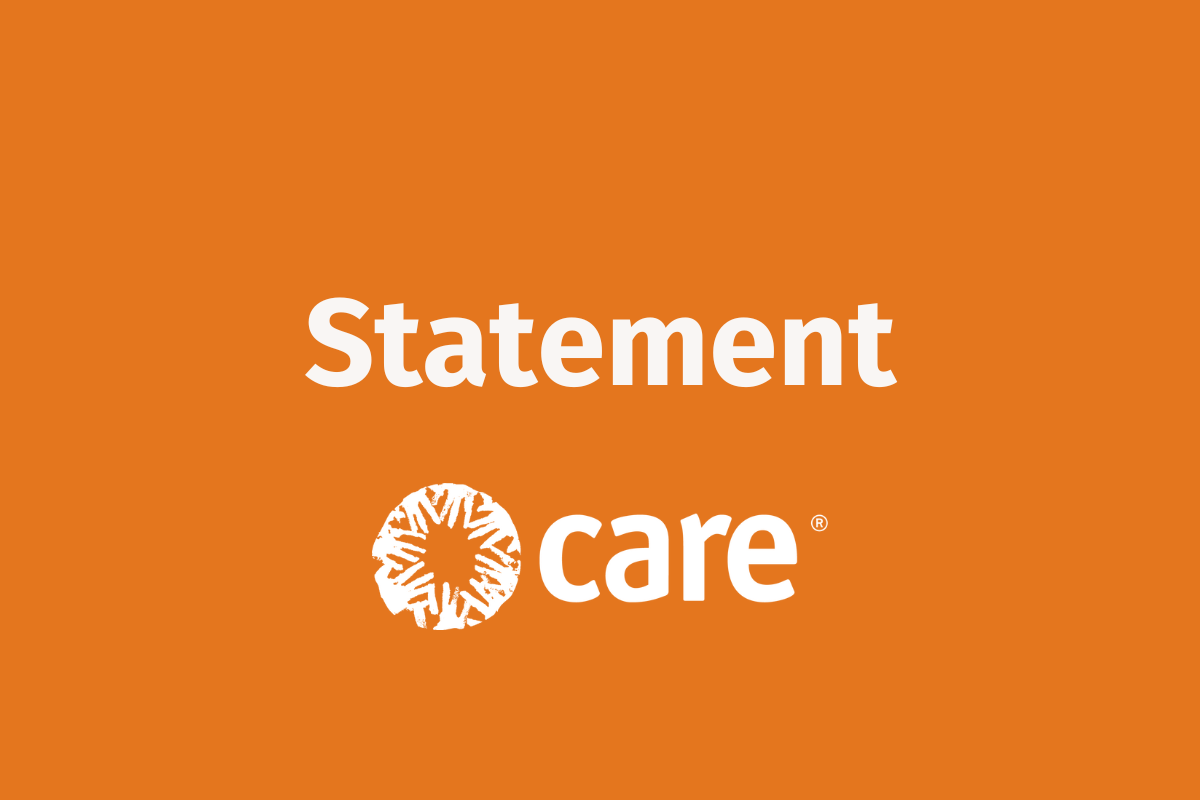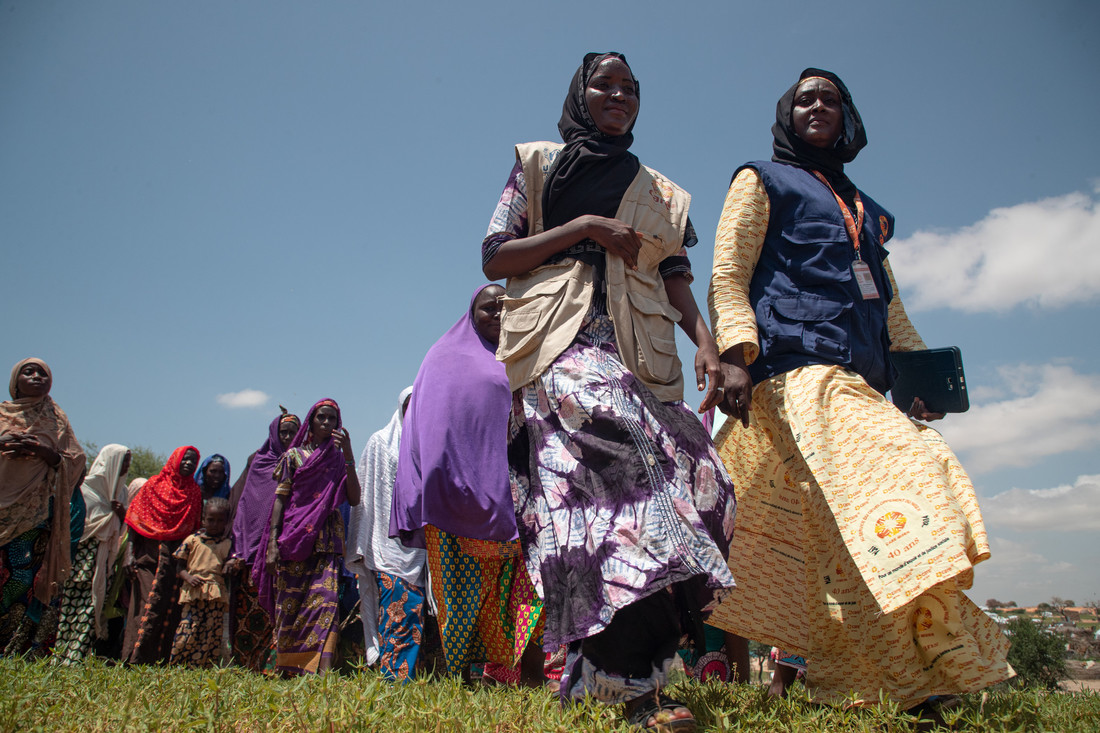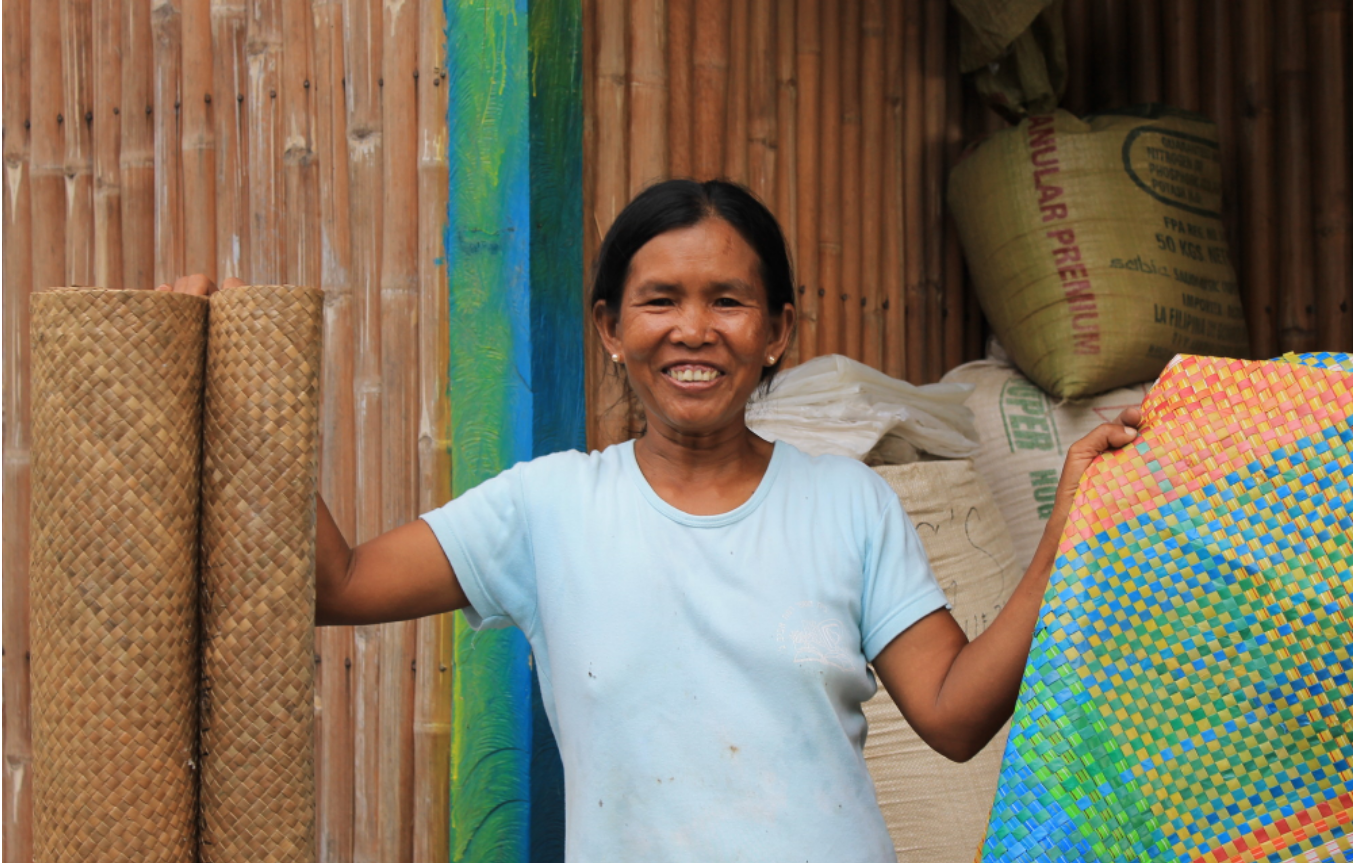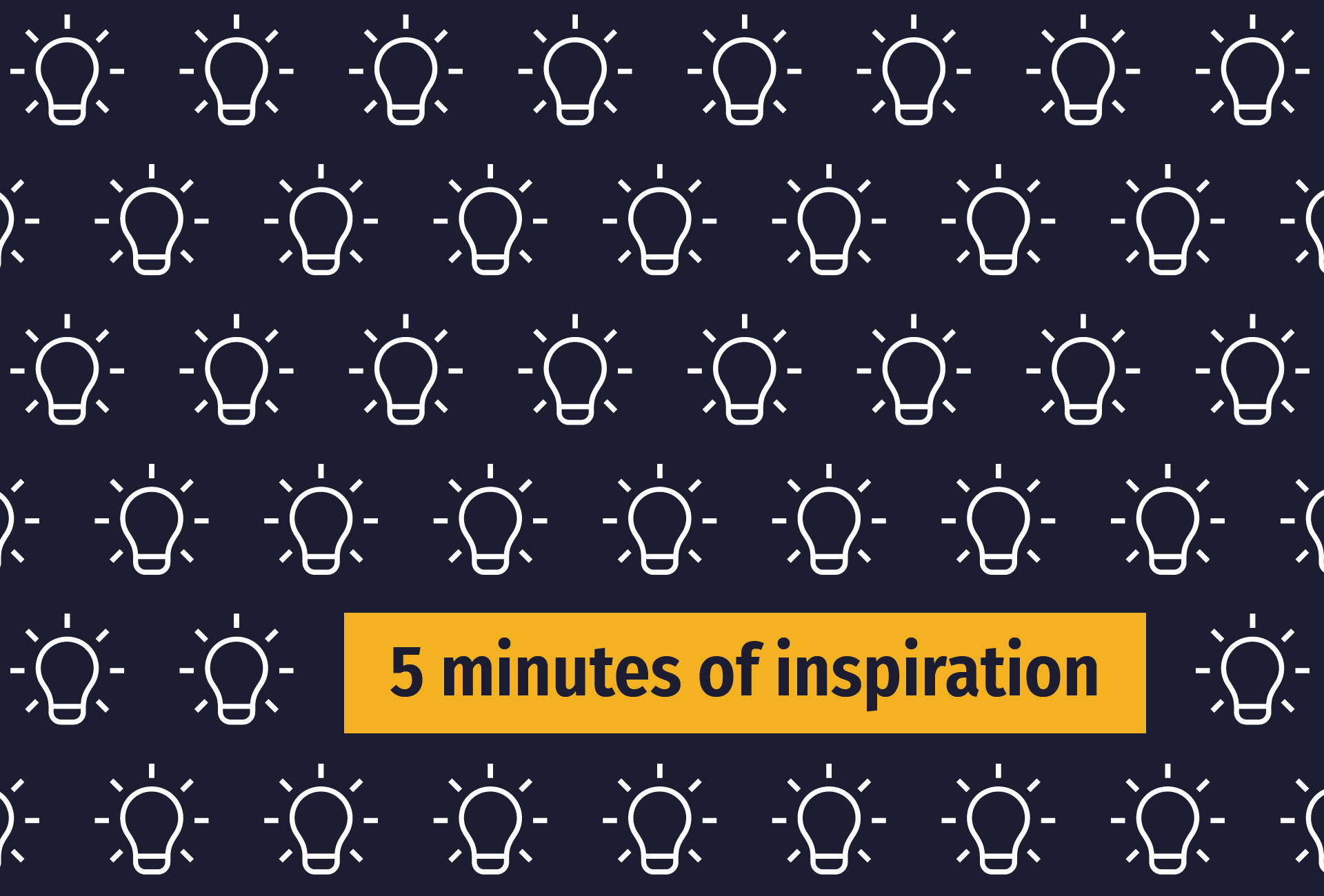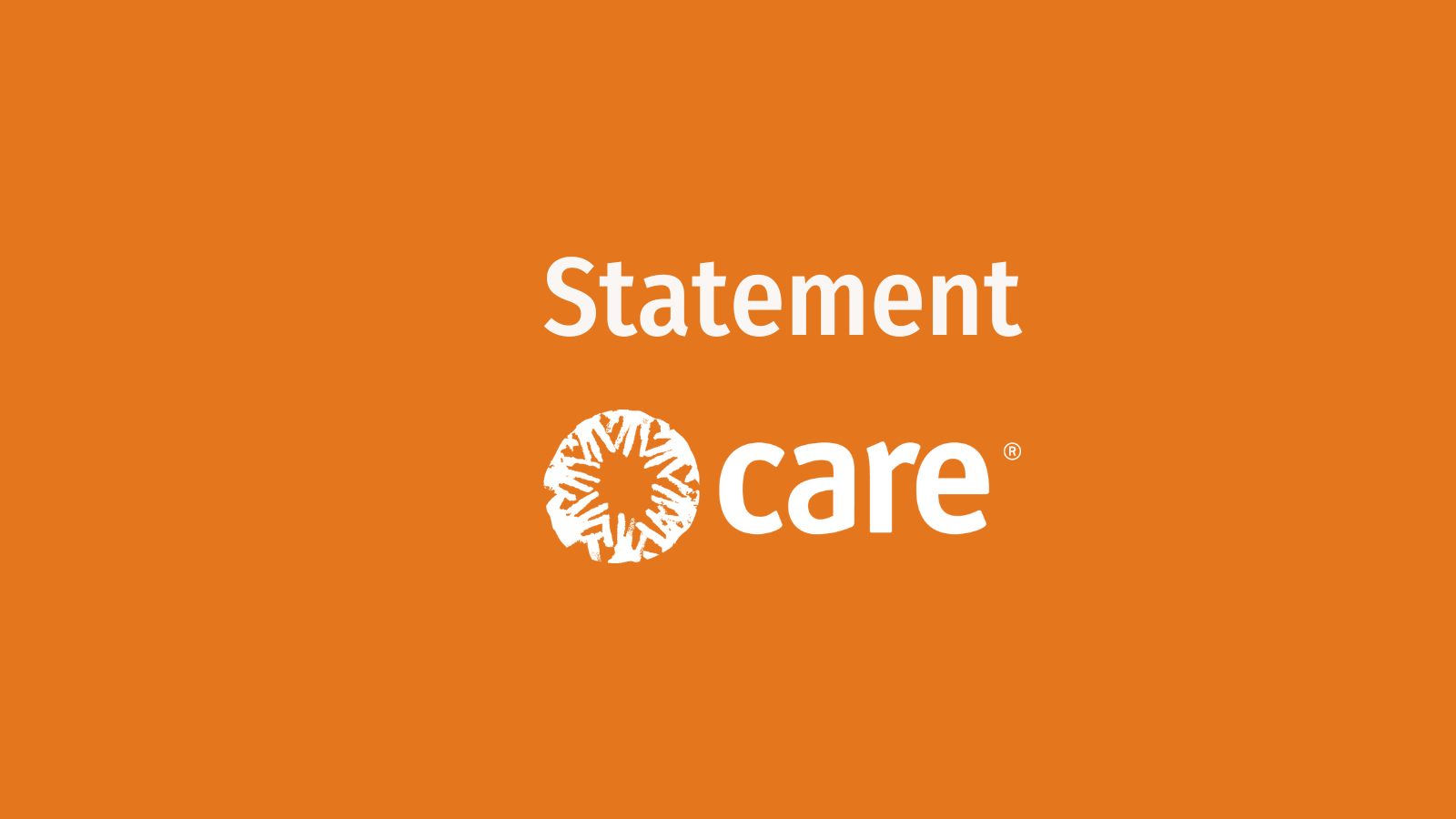
Typhoon Gaemi wreak havoc as floods sweep over Philippine cities
Typhoon Gaemi (Carina) continues to drench the northern parts of the Phillippines and prompts Manila and the rest of the National Capital Region under calamity. CARE Philippines and its partners are preparing to respond immediately in the affected communities, especially the most marginalized groups of people - women and girls, persons with disabilities, older persons, and children.
